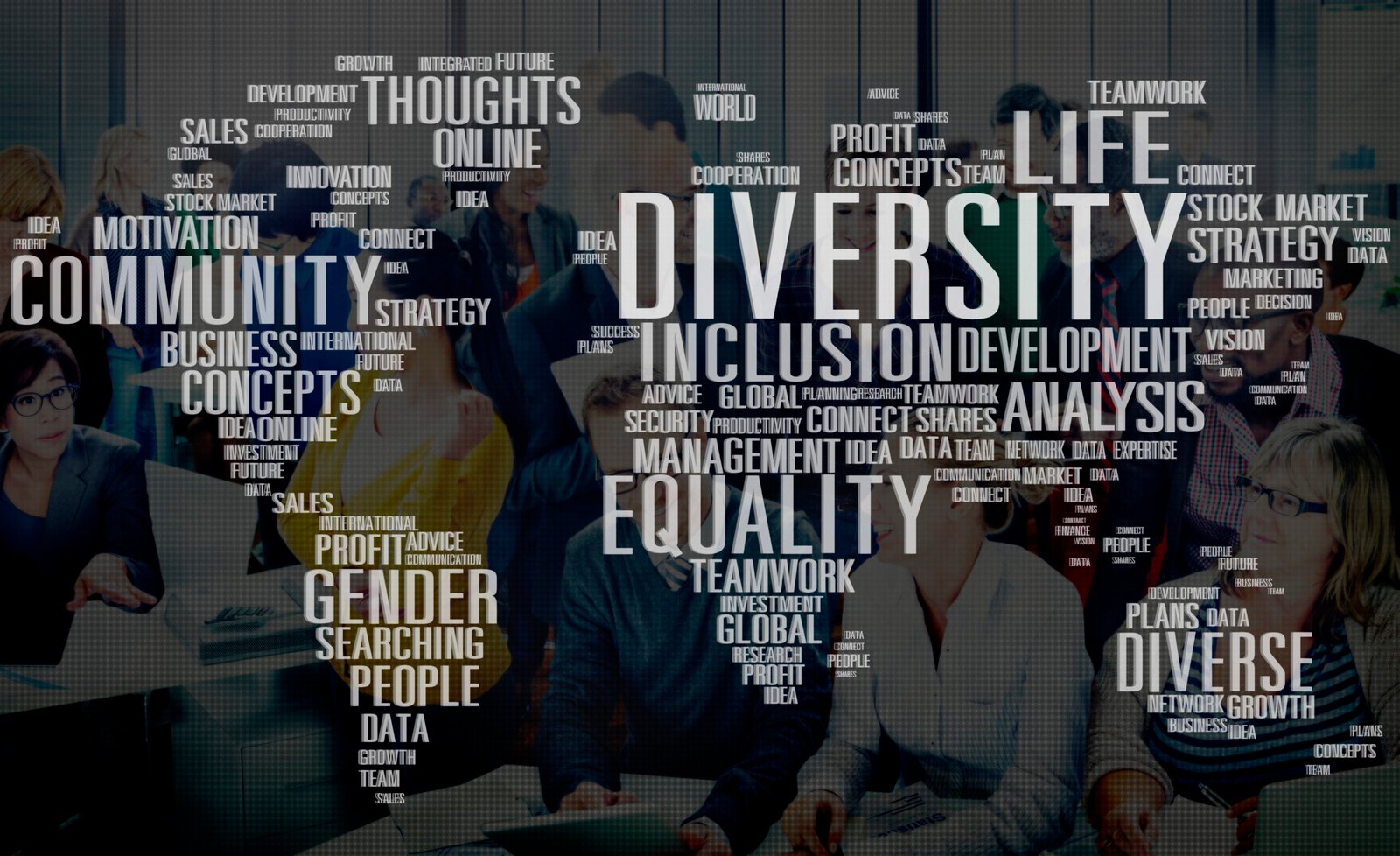Diversity, Equity, and Inclusion (DEI) have become integral to organizational success worldwide. In India, a nation marked by its rich cultural tapestry, DEI initiatives are not just a matter of compliance but a strategic approach to harnessing the full potential of its diverse workforce. This blog delves into the nuances of implementing effective DEI strategies in Indian organizations, exploring challenges, best practices, and the path forward.
Understanding the Indian Context
India’s workforce is characterized by its diversity—spanning across various dimensions such as gender, caste, religion, region, language, and disability. This diversity presents both opportunities and challenges for organizations aiming to create inclusive workplaces. Understanding the socio-cultural dynamics is crucial for designing DEI initiatives that resonate with the Indian ethos.
The Business Case for DEI in India
Research indicates that organizations with diverse teams are more innovative and perform better financially. In the Indian context, embracing DEI can lead to enhanced employee engagement, reduced turnover, and a stronger employer brand. Moreover, with global companies operating in India, aligning with DEI principles ensures compliance with international standards and attracts global talent.
Challenges in Implementing DEI
While the benefits are clear, implementing DEI initiatives in India comes with its set of challenges:
-
Unconscious Bias: Deep-rooted societal biases often influence hiring and promotion decisions.
-
Cultural Norms: Traditional gender roles and caste-based discrimination can hinder inclusivity.
-
Infrastructure Gaps: Lack of accessible facilities for persons with disabilities.
-
Resistance to Change: Employees and leaders may resist DEI initiatives due to unfamiliarity or perceived threats to the status quo.
Best Practices for DEI Implementation
To overcome these challenges, organizations can adopt the following best practices:
1. Leadership Commitment
DEI initiatives must be championed by top leadership. When leaders demonstrate a commitment to diversity and inclusion, it sets the tone for the entire organization. This commitment can be reflected in policies, resource allocation, and active participation in DEI programs.
2. Comprehensive Policies
Developing clear DEI policies that address various aspects—recruitment, retention, promotion, and workplace behavior—is essential. These policies should be communicated effectively to all employees and integrated into the organization’s core values.
3. Training and Awareness Programs
Regular training sessions on topics like unconscious bias, cultural sensitivity, and inclusive leadership can help in sensitizing employees. Awareness programs can also dispel myths and misconceptions, fostering a more inclusive environment.
4. Employee Resource Groups (ERGs)
Establishing ERGs for women, LGBTQ+ employees, persons with disabilities, and other marginalized groups provides a platform for support and advocacy. These groups can also serve as sounding boards for policy feedback and organizational change.
5. Inclusive Recruitment Practices
Implementing blind recruitment processes, setting diversity targets, and ensuring equal opportunities for all candidates can help in building a diverse workforce. Collaborating with organizations that focus on underrepresented groups can also widen the talent pool.
6. Accessibility and Accommodations
Ensuring that the workplace is accessible to all employees, including those with disabilities, is a fundamental aspect of inclusion. This includes physical accessibility, as well as providing necessary accommodations and assistive technologies.
7. Regular Monitoring and Reporting
Establishing metrics to track the progress of DEI initiatives is crucial. Regular reporting on diversity statistics, employee feedback, and the effectiveness of programs helps in identifying areas of improvement and celebrating successes.
Case Studies of Indian Organizations Leading in DEI
Several Indian organizations have set benchmarks in implementing DEI initiatives:
-
Tata Consultancy Services (TCS): TCS has been recognized for its efforts in promoting gender diversity and inclusion. The company has various programs aimed at supporting women employees, including leadership development initiatives and flexible work arrangements.
-
Infosys: Infosys has launched several diversity and inclusion initiatives, such as the “Restart with Infosys” program, which helps women re-enter the corporate workforce. Additionally, the #IAmTheFuture initiative by the Infosys Leadership Institute trains women for leadership roles.
-
Axis Bank: Axis Bank has shown a robust commitment to diversity and inclusion through a range of initiatives. It set a hard target of inducting 30% women employees by 2027. It also has policies like the ‘GIG-A Opportunities platform’ (allowing flexible work for freelancers) and “ComeAsYouAre” charter aimed at the LGBTQIA+ community.
These organizations demonstrate that with the right strategies, DEI can be effectively integrated into the organizational fabric.
The Role of Technology in DEI
Technology plays a pivotal role in advancing DEI initiatives. Tools like AI-driven recruitment platforms can help in reducing biases in hiring. Learning management systems can offer personalized training programs on diversity and inclusion. Additionally, data analytics can provide insights into diversity metrics, helping organizations make informed decisions.
Government Policies Supporting DEI
The Indian government has introduced several policies to promote diversity and inclusion in the workplace:
-
The Rights of Persons with Disabilities Act, 2016: This act mandates that organizations provide reasonable accommodations and ensure accessibility for employees with disabilities.
-
The Equal Remuneration Act, 1976: Ensures equal pay for equal work, irrespective of gender.
-
The Maternity Benefit (Amendment) Act, 2017: Increases the duration of paid maternity leave and provides for creche facilities in organizations.
These policies not only promote fairness but also create a legal framework for organizations to build inclusive workplaces.
The Future of DEI in India
The future of DEI in India looks promising, with increasing awareness and commitment from organizations. The focus is shifting from mere compliance to creating a culture of inclusion. Organizations are recognizing that diversity drives innovation and that an inclusive workplace leads to better employee satisfaction and performance.
Conclusion
Implementing effective DEI initiatives in Indian organizations requires a deep understanding of cultural and societal dynamics. By adopting best practices, leveraging technology, and aligning with government policies, organizations can create workplaces that are not only diverse but also equitable and inclusive. As the business landscape continues to evolve, DEI will remain a critical factor in driving organizational success.

